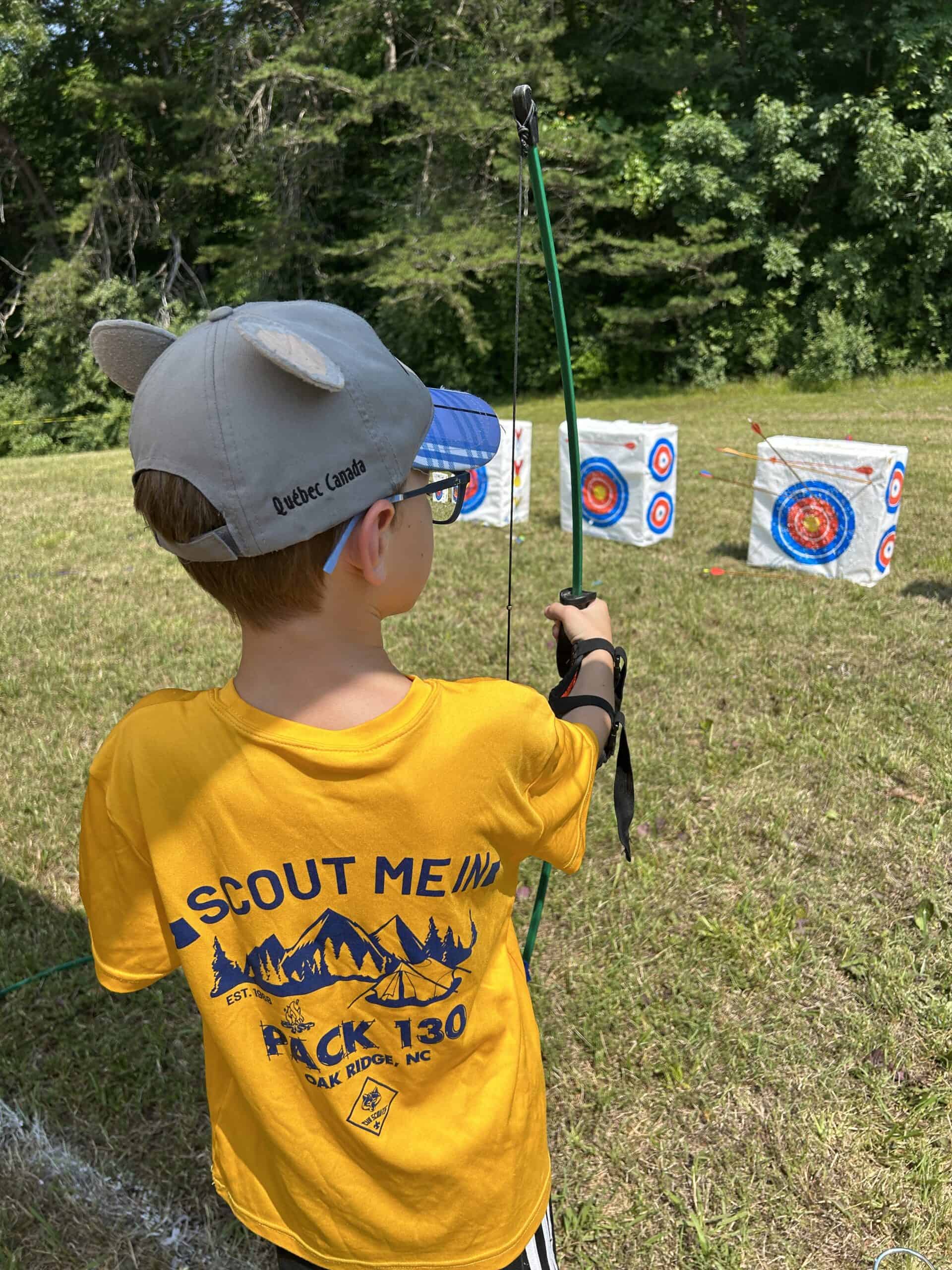By Guest Blogger Jenny Knesel
Extracurricular activities can provide numerous benefits for children. They build confidence, help them create new friendships, decrease stress, and keep them physically active and off electronics. But it’s important that we all find the right balance of activities for our family.

One Monday evening this past May, I laid down in bed at 11pm and thought, “This is not working.” The day started with a 5:30 am swim practice. Then after a full day of school for the kids (and a full day of work for my husband and I), in total, my three children had: track practice, two swim practices, a physical training session, and a Boy Scout meeting. Needless to say, we didn’t have a family dinner. Homework was done by exhausted children who were up way too late finishing it. There was no time (or energy) for quality time with my children (or with my spouse). We made it to all of the events, we checked the boxes. But for what? This was the day that I decided that going forward, our family would be more intentional about how we spend our free time.
I’m not expert but here are some questions that helped us decide which activities made the cut this season:
What is our goal in participating in the activity?
In my opinion, this is the most important question to ask yourself and your child. Whether the goal is physical activity, trying something new, a creative outlet, or socialization, the activity has to match the goal. As kids get older, it is worth considering what their long term goal is. Is everyone willing to sacrifice what is needed to work toward that? If you don’t have a clear answer to this question, you may want to reconsider whether or not it’s worth the time, investment, and time away from family, friends, and other activities.
What will the weekly schedule look like?
What really helped us was actually making an hour by hour family schedule so we could visualize how it all would (or wouldn’t) work. We even blocked time for homework and sleep. My teen’s pediatrician advised that he needs 8-10 hours of sleep and with early morning swim practice, sleep is something that we plan for.
Is participation at the recreational level or a higher level most appropriate right now?
Is your child just trying a sport or activity or do they know that they really enjoy it? Kids sports have changed a lot in the past 10 years. Elite level sports start earlier and earlier and there are big financial and time commitments, including travel, that go along with more competitive play.
Are extracurricular activities relieving or adding to my child’s (or my) stress?
This question should be periodically re-evaluated as the answer can change. Starting a new activity and adjusting to the new routine can be stressful initially but children often settle into new activities and start to enjoy them after a few weeks. With increased level of competition, is your child still having fun and engaged or has it become more stressful? Are they complaining about going to practice? Is the schedule so tight that getting to all the activities and getting homework done has everyone running in circles?
Does everyone have time to get their own “jobs” done?
At our house, homework is a priority and we expect our kids to help with chores. Yet, I used to find myself washing dishes and doing my kids’ laundry- both jobs that they should be doing- because they simply didn’t have enough time in their day. Helping with chores and learning life skills are both important for transitioning out of the home and shouldn’t be overlooked.
Is there enough time for physical recovery and downtime?
We need to teach our kids the importance of downtime and rest as a lifelong habit. Kids need time to process the day, have free play (even teens), and just relax. Families need time to just hang out together, play games, or take an evening walk.

There is no magic recipe for deciding what level of involvement is best but for us, what became evident is that we were just doing too much. After some soul searching and tough conversations, we made some changes. We talked with our kids about our time and financial constraints and helped our kids choose only activities that they really valued.
My oldest son, who really enjoys swimming but who will never be an Olympian, decided that he wants to continue with practice 3 days a week but doesn’t also need to work with a trainer. He does, however, need to make time to see his math tutor. My middle son realized that he no longer enjoys year-round swimming, a significant financial and time commitment, and would rather just try out for school sports. (Bonus: I don’t have to drive him to practice, only pick up!) My youngest son chose to continue with Cub Scouts. We decided he would stop tennis lessons and go to swim practice once a week because its active, he doesn’t hate it, and it doesn’t involve hand eye coordination, a struggle for him. My husband and I feel much less frantic and enjoy being able to eat dinner with our kids most nights and help them with homework without being rushed.
There are some great extracurricular activities out there and with careful consideration, your family can make intentional choices about which ones are (and are not) best for your kids.
Want to see more blogs like this and also get notifications on local events and happenings? Subscribe to our free weekly newsletters here.














